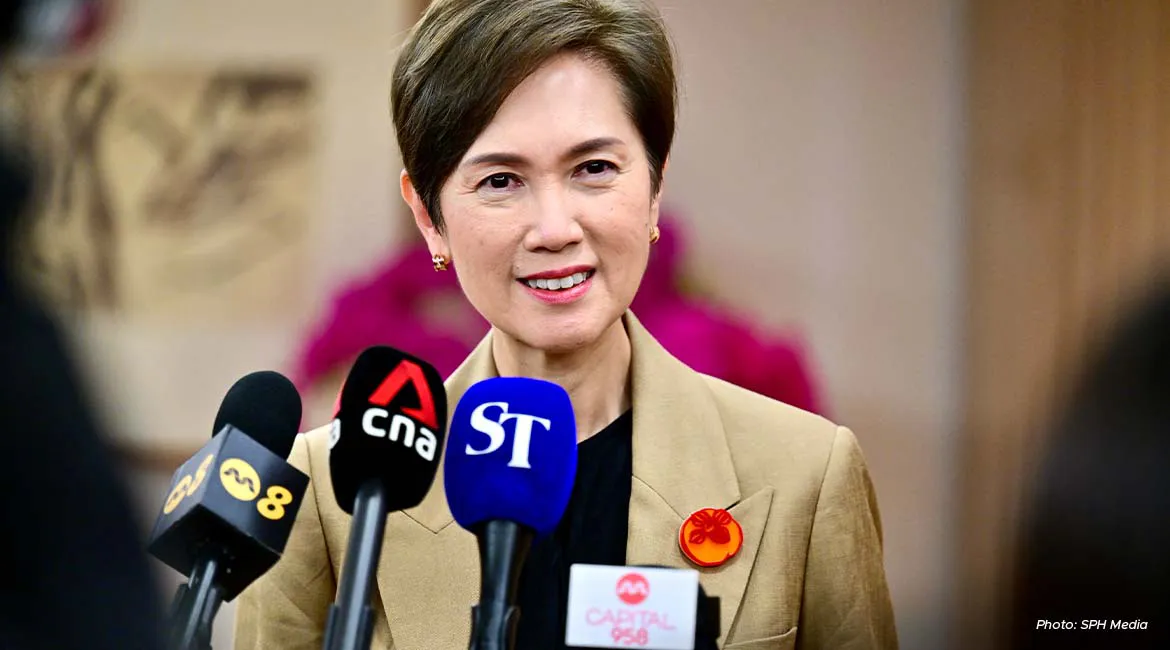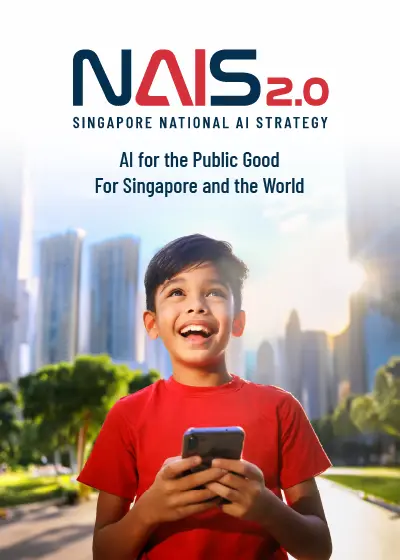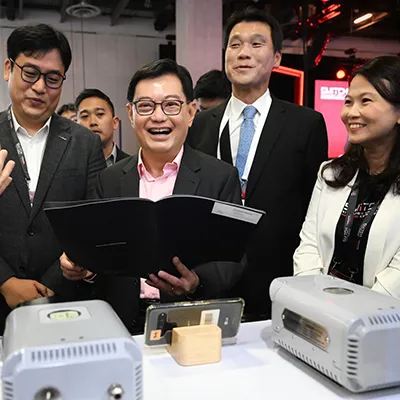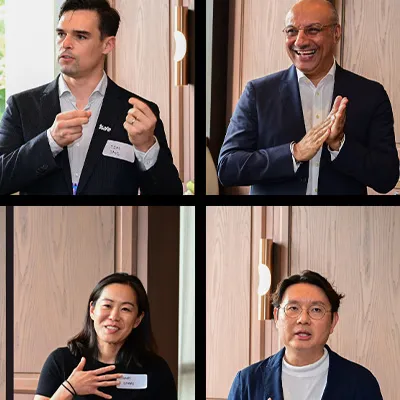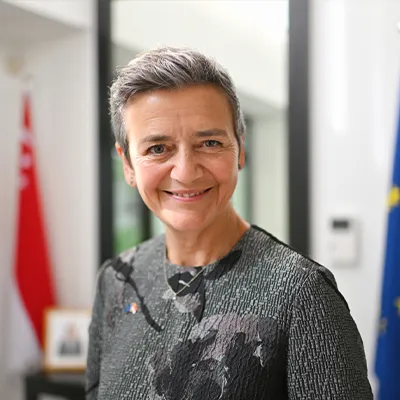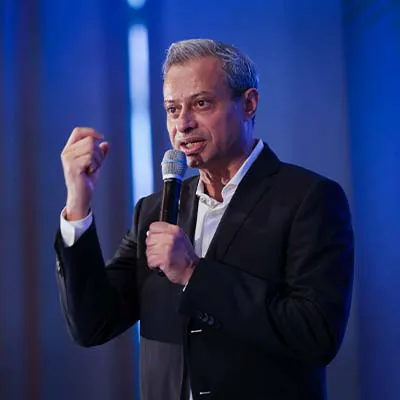She added that by engaging in these discussions at an early stage, governments can potentially create AI regulation that is “as interoperable as possible”.
“In doing so, businesses will find it easier because it doesn’t mean that all the systems and processes that they put up, they have to start entirely from scratch,” she said.
The Singapore government is working with the US government to support the development of international standards at standards bodies such as the International Organization for Standardisation.
Already, the US’ National Institute of Standards and Technology and Singapore’s Infocomm Media Development Authority have been aligning their AI risk-management frameworks; their respective frameworks for generative AI will be aligned next.
Teo also disclosed that AI scientists from Singapore and the US will meet in September to share their experiences. In addition to that, Singapore has been invited to join a network of AI safety institutes that the US is hosting to advance cooperation in the area.
Singapore has already set local guidelines for AI. For instance, MDDI said on 15 July that it will introduce safety guidelines for generative AI model developers and app deployers. These guidelines will be launched under AI Verify, a testing framework and software tool kit.
Back in March, the Personal Data Protection Commission also set out advisory guidelines on the use of personal data in AI recommendation and decision systems.
One good practice highlighted in the advisory is for AI service providers to maintain a record that identifies the source of the training data used, and tracks how it was changed during data preparation.
Another area that Singapore will work closely with the US on is in the area of privacy-enhancing technologies, and how both countries can promote trusted data flows.
“These are practical ways in which we can make sure that the concerns around data protection and privacy are adequately met,” Teo said, adding that more data is being used to develop AI applications.
“We want to make sure that AI developers do so in a trustworthy manner… recognising how they need to also take care of the safety risks,” she said.
Collaboration areas between US and Singapore
- Concluding of the bilateral Digital Economic Cooperation Roadmap, which identifies shared principles and opportunities for cooperation;
- Supporting inclusive and sustainable development of AI through capacity-building programmes under the US-SG Third-Country Training Programme;
- Undertaking joint engagements on connectivity technologies such as 5G, open radio access network, and future-generation communications networks;
- Deepening collaboration on semiconductors under the US-Singapore Partnership for Growth and Innovation;
- Continuing cooperation and exchanges on quantum cryptography, standardisation, and migration.
Source: The Business Times © SPH Media Limited. Permission required for reproduction.
